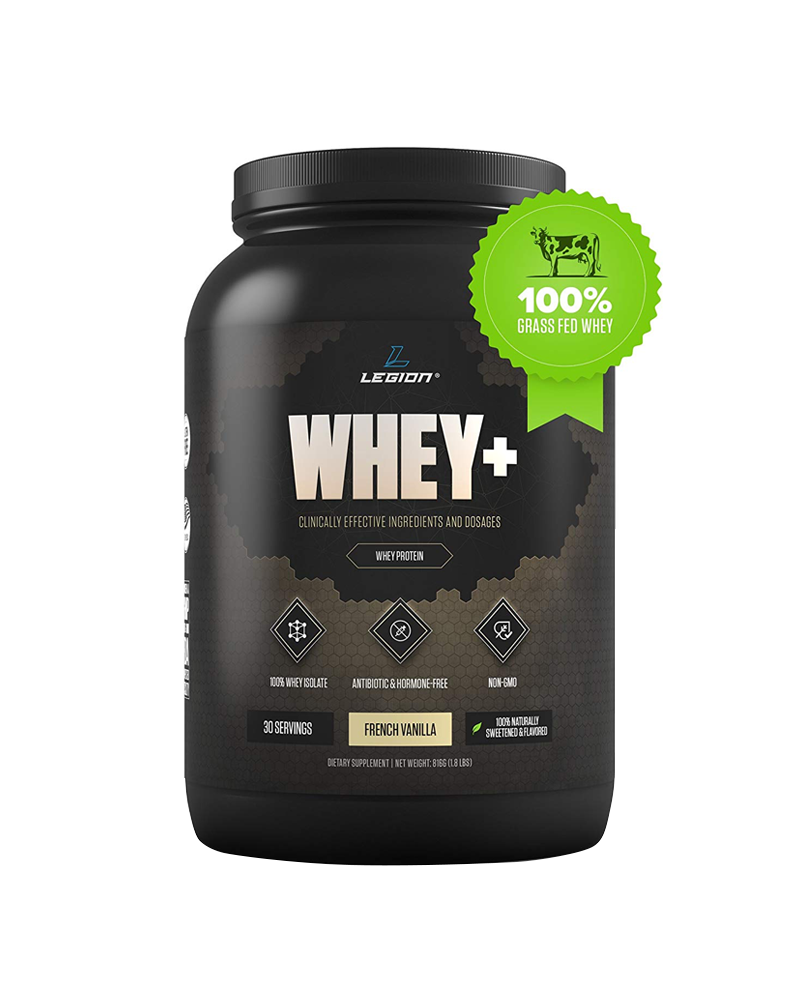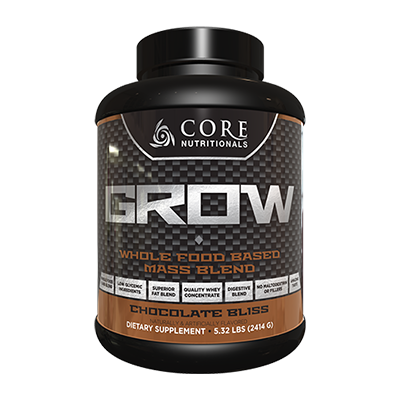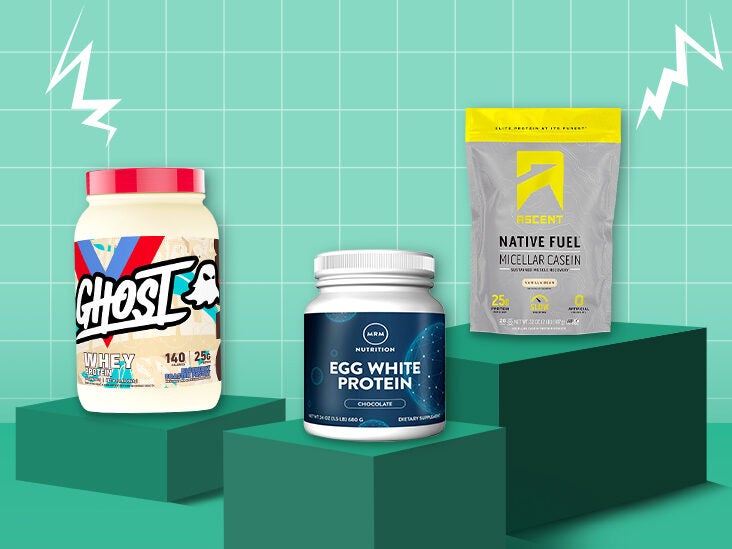

The same proteins taken from animals or plants, when extracted and prepped differently, result in different mixes that have a varying effect on your body.

Going even deeper beneath the surface, there are three different types of protein powder differentiated by the way in which they’re made. Always be sure to read the ingredients list and nutritional breakdown of the mix before investing in a gigantic tub of protein powder. Protein powder mixes can also include additional flavoring, vitamins and minerals like collagen, thickeners and sometimes added sugars. Protein powder’s ingredients vary from brand to brand, but many of them consist of a varying mix of powdered proteins from plants, eggs or milk (also known as casein or whey protein). It typically requires mixing with a liquid of some sort in a blender or mixer bottle, you should never try to eat plain protein powder. It’s concentrated protein that’s designed to make it easier to feed your muscles, organs and cells with the protein they need to build new tissue in a short amount of time and a small amount of food. Protein powder, like many athletic supplements, serves to supplement other vitamins, minerals or organic material your body needs to recover after a workout.
#Best protein powder brands for building muscle how to
We’ll also cover when to take protein powder, how to consume it and other tips. We’re going to cover all of the factors and variables that should go into your powder of choice and how to choose the one that’s right for you. If you’re a little lost in the world of protein powder, not to worry - we’ve got you. Much like the multitude of choices out there when it comes to physical exercise, there are plenty of different protein powders to choose from to compliment and aid in your athletic gains. There are NSF-certified mixes, plant-based blends, grass-fed blends and more. There’s a different powder if you’re trying to gain muscle, lose weight, if you’re a cardio junkie or never leave the power cage. We also have an article on the best protein powders for lactose intolerant people.The best protein powder is the one that works best with your body type, fitness routine and athletic goals.

While whey protein powder does contain dairy, whey protein isolate is a special type of whey protein that typically contains less than 1% lactose, making it relatively safe for those who suffer from lactose allergies. If you’re lactose intolerant, make sure to check that the protein powder contains whey protein isolate. If you struggle with bloating or digestion issues, prioritize a plant-based protein source. Plant-based protein powders are typically made from vegan protein sources, such as brown rice, soy, hemp, or pea protein. Plant-based protein powder is more easily digested compared to other protein blend brands.

Whey protein concentrate is especially favored, as it contains an abundance of BCAAs, which play a crucial role in muscle growth.Īlso read: Best Protein Powder for Muscle Gain Digestion The more amount of protein there is, the more of an impact it will have on your protein intake after a workout. To maximize your muscle-building efforts, look for a protein powder that contains high protein levels per serving. The more carbs and sugars a protein powder has, the higher the likelihood of getting converted into excess fat. When it comes to losing weight, look for protein powder brands low in fat, sugars, and carbohydrates per serving. When looking for a complete protein powder brand that’ll meet your needs, you’ll want to keep a few things in mind.


 0 kommentar(er)
0 kommentar(er)
